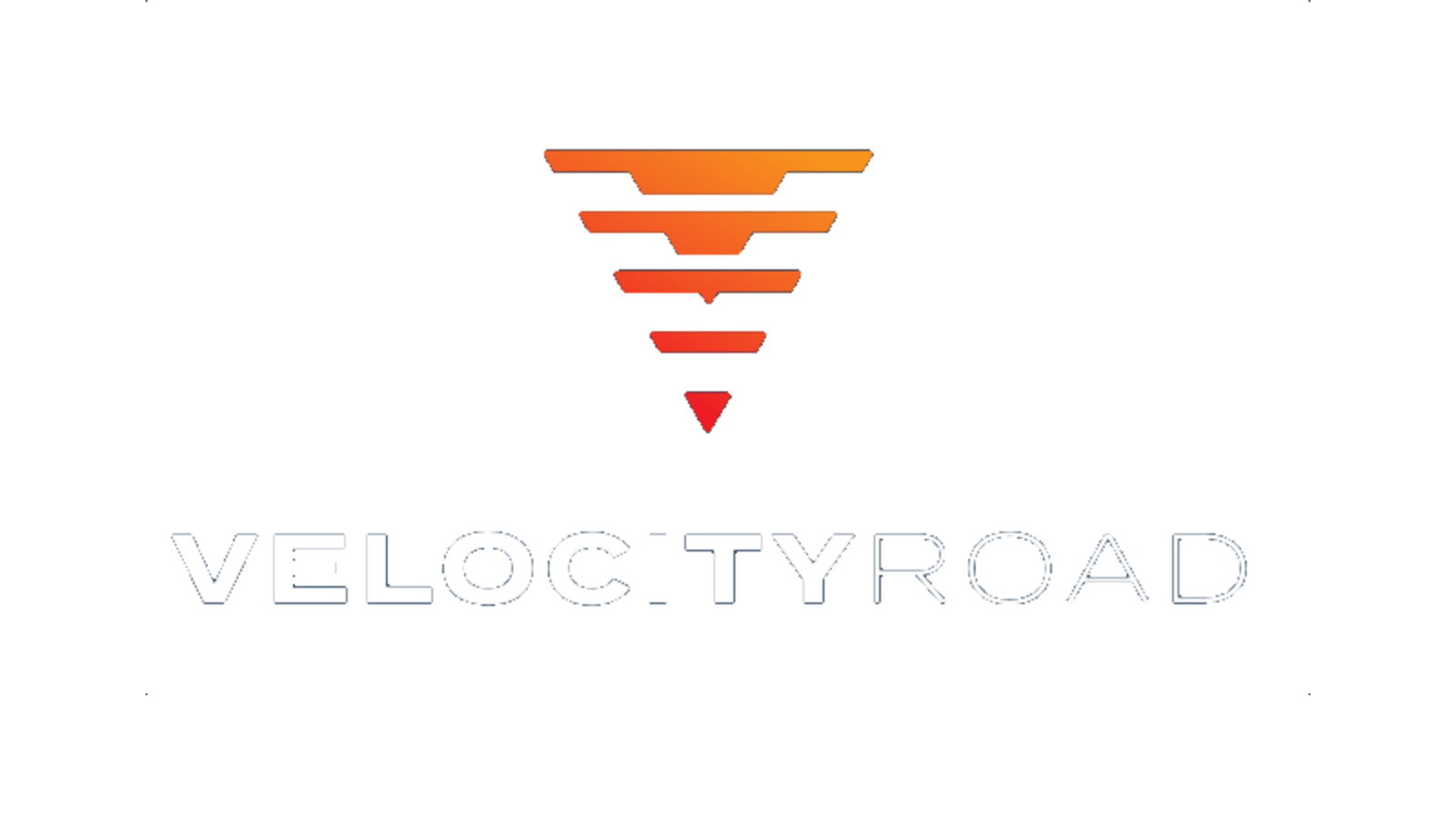Why Orchestration is the Real AI Power Play
🎼 AI Has a New Job Title: Orchestrator-in-Chief
As AI agents multiply and generative tools go mainstream, mid-market companies are hitting a different kind of wall: coordination. This week, we’re diving into why orchestration — not just innovation — is the real unlock for scaling AI across the enterprise. From brand storytelling and finance ops to infrastructure and consumer trust, the theme is clear: AI only works if it works together.
Let’s dive in.

🎶 Why Orchestration is the Real AI Power Play

There’s no shortage of AI hype in the enterprise, but one foundational truth is starting to surface: your smartest AI agents are only as effective as your infrastructure is coherent. That’s the argument made in a recent Crunchbase article exploring the hidden hero of AI success — orchestration.
Think of AI agents as talented musicians. Individually, they’re brilliant. But without a conductor — a system that coordinates their timing, role, and boundaries — you don’t get a symphony. You get noise. This is where orchestration platforms come in. These technologies act as connective tissue between AI models, human teams, and enterprise systems.
Why does this matter for mid-market leaders? Because AI agents are only as useful as your ability to govern them. That means:
-
🤖 Seamless connectivity across your existing tech stack
-
📍 Role-based accessibility embedded in employees’ workflows
-
🛡️ Guardrails for governance and data security
As Meta’s Clara Shih puts it, “Every business will use AI agents the way they use websites or email addresses today.”
But without orchestration, you’re left with fragmented tools that solve local problems, not enterprise-wide outcomes.
Smart orchestration platforms also keep humans in the loop. Agents can be designed to escalate tasks, defer to subject matter experts, or follow predefined processes. It’s not just about automation — it’s about augmenting decision-making across functions.
⚡️ The action item? Before investing in your next model or chatbot, ask: Do we have the infrastructure to orchestrate AI at scale? Winning with AI isn’t about having the most agents — it’s about having the best ensemble.

🏗️ AI Across Industries

🏦 Finance: Data-Driven CFOs Are Building Growth Engines
CFOs are stepping into the role of data strategists, not just number crunchers. In a recent Payhawk-hosted webinar, finance leaders from companies like Biscuiteers and Secret Food Tours revealed how modernizing finance isn’t about chasing flashy tools — it’s about cleaning up fragmented data, aligning with business objectives, and starting with high-impact wins like spend control. Automated expense management gave Biscuiteers back hours of strategic bandwidth and allowed real-time insights across departments. But the biggest transformation? Culture. Leaders noted that shifting teams away from spreadsheet firefighting to forward-looking analysis takes trust, proof points, and patience.
📌 Takeaway: AI won’t fix broken processes — but smart automation on clean data can.
🎨 Marketing: Storytelling at Scale With AI Co-Creators
Hyper-personalized content isn’t just possible — it’s now essential. According to a Marketing Inc. deep dive, brands like Nike and L’Oréal are embracing AI tools like GPT-4 and Sora to generate platform-specific campaigns that resonate with segmented audiences. These AI tools help draft copy, generate video content, and optimize emotional tone — all while maintaining a consistent brand voice. This shift transforms creative teams from bottlenecks into high-throughput storytellers who can A/B test, iterate, and deploy faster than ever.
📌 Takeaway: AI isn’t replacing creative teams — it’s turning them into scalable content studios.
🧑🏫 Education: Duolingo’s AI-First Transformation
Duolingo is evolving from a language-learning app into a full-fledged AI-powered education platform. As explored in an HBR podcast, the company is leveraging generative AI to expand beyond languages into broader educational offerings. CTO Severin Hacker sees this shift as a way to personalize learning at scale and capture more of the $56B edtech market.
📌 Takeaway: Generative AI is reshaping how products — not just content — are built.
🛒 Consumer: Amazon Bets Big on Agentic AI
Amazon’s 2025 roadmap, per PYMNTS, includes a revamped Alexa that functions as a true personal assistant — orchestrating complex tasks like managing routines or controlling smart homes. Combined with logistics automation and Bedrock’s multicloud AI stack, it’s a full-court press toward an AI-powered operating system.
📌 Takeaway: Trust, not just tech, will decide who wins the AI-native customer experience.

📊 AI by the Numbers

🧪 84% of developers now use AI to automate tasks — not just assist (Source: Anthropic).
🛍️ 4 behaviors — streaming, scrolling, searching, and shopping — now converge in one AI-powered loop (Source: Google + BCG).
📦 10% YoY: Amazon’s Q1 revenue rose 10%, driven in part by AI-enhanced logistics and agentic automation (Source: PYMNTS).
📚 148 new AI-generated language courses launched by Duolingo — doubling content in one year (Source: Techcrunch)
💸 $10M funding round for Cheehoo, an AI animation startup aiming to democratize content creation (Source: TechCrunch).

📰 5 AI Headlines You Need to Know

🎥 The Best AI Video Generators Compared — Google Veo 2, Sora, Runway and more are redefining media production. These tools are leveling the creative playing field by letting anyone produce cinematic content in minutes.
🧠 Marc Benioff on AI’s Future — The Salesforce CEO sees AI creating digital workforces and an era of “augmented humans.” He also emphasizes ethics and leadership in guiding the next wave of AI transformation.
🔍 GEO Is the New SEO — Generative Engine Optimization is reshaping how brands get discovered in AI-first platforms. Instead of optimizing for search, marketers must now optimize for AI-driven results and summaries.
👁️ Worldcoin Expands in the U.S. — Sam Altman’s iris-based ID project rolls out retail locations with backing from Visa. It’s part of a broader push to establish a global digital identity infrastructure.
🧰 Zapier Reinvents Automation — CEO Wade Foster is turning Zapier into a no-code, AI-native integration engine. The goal: simplify automation across teams without the need for technical support

💬 Harmony Over Hype

In enterprise AI, tools will come and go. What endures is structure. The companies that win won’t be those with the most models or flashiest chatbots — they’ll be the ones that integrate, coordinate, and govern them well.
This week’s stories are a reminder: real transformation happens not when you deploy AI, but when you orchestrate it. Finance teams unlock strategy by automating the mundane. Marketers scale personalized stories by coordinating data and tone. Platforms like Duolingo and Amazon succeed not because they use AI, but because they’ve woven it into how they operate and deliver value.
⚡️ In other words: Orchestration isn’t a backend function. It’s a leadership mindset. And in 2025, it might just be the most important job in your company.
📩 Stay Ahead with Velocity Road
Want to future-proof your AI strategy? Velocity Road helps mid-market companies operationalize AI across strategy, training, and automation.




